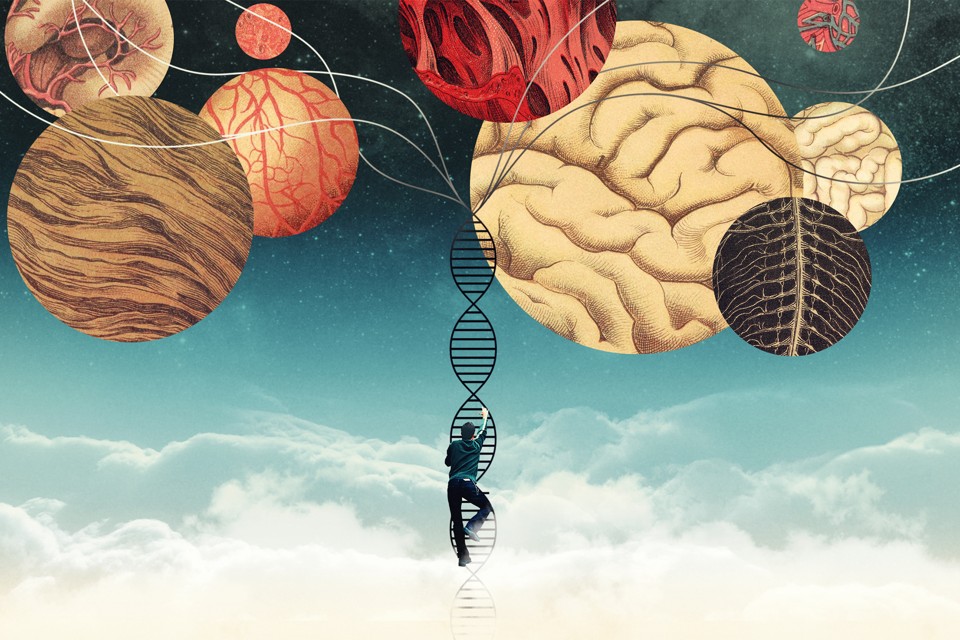I have an essay in the June issue of The Atlantic, out online now and at your favorite magazine dealer or airport in a week or so.
It’s an essay review centered around Siddhartha Mukherjee’s newest book, The Gene. The book is part history of genetics and part discussion of current genetic science and medicine. Scientists don’t seem to like the latter too well. An article, based on the book, that appeared in the New Yorker earlier this spring, is receiving a great deal of criticism from the scientific community. They say that the piece badly misrepresents the mechanisms of epigenetics.
I take him to task on his history. I use the book as the base for a discussion of “Whig history” and why it is so dangerous when writing about science. Whig history, crudely, is writing about the past from the perspective of history’s winners; it is history as a justification of the present.
Good, critical history of science is vital to doing good science on a community scale. Only when we understand that “the” gene is a human concept that describes a bit of biology in a particularly productive way, can we harness the full power of genetic knowledge for good.
Take a look!

Thanks. Appreciate insight. Editorial staff should have checked Sid’s references? But like pharm selling outweighs diligence.
Where have all the Whigs gone? They are here. Calvin still rules in U.S.
Recently read Degger’s book”Galileos middle finger”. Review n Cheistry journal sent to me by friend who knows I desire evidence based medicine.
She is a History of Science professor. She used her energy and research skills to engage. Historians used to dwell on and n the past. From a physicians perspective she exposed faults of which we were or should have been aware.
Yes, Alice Dreger is a friend. I enjoyed her book greatly and recommend it.
As to Mukherjee’s references, *I* checked them–and the staff at the Atlantic checked my checking. Their diligence astounded me—far exceeded that of any academic journal. Mukherjee’s, not so much. The references read like the research was done by an apathetic and possibly stoned undergrad. Often only one book or article per story, and frequently something really weird. Like the only book cited for the double helix story is one article about Wilkins! Okay, but um, there’s more?
Thanks as one trained in history and entered medicine late I find the cross pollination good as scientists need the insights of historians and the skills lacking in those who feel any courses in humanism are a waste and not essential. I am diligently reading Human Perfection. And will add to my review of the long awaited Gene book. Better than the normal sound or picture bite the world is accustomed to for news or knowledge. Even candidates for President can say’I saw it on the internet’.
I now understand, perhaps, some of the comments about the New Yorker piece , while the vitriol was not helpful.
Physicians, even those with other degrees are not good at doubt. Ignorance is not in their mind, but ignorance is what drives continued study. The more we learn the more we realize we have more to go.
Thanks. Yes, vitriol is a club wielded by those with no sense of humor.